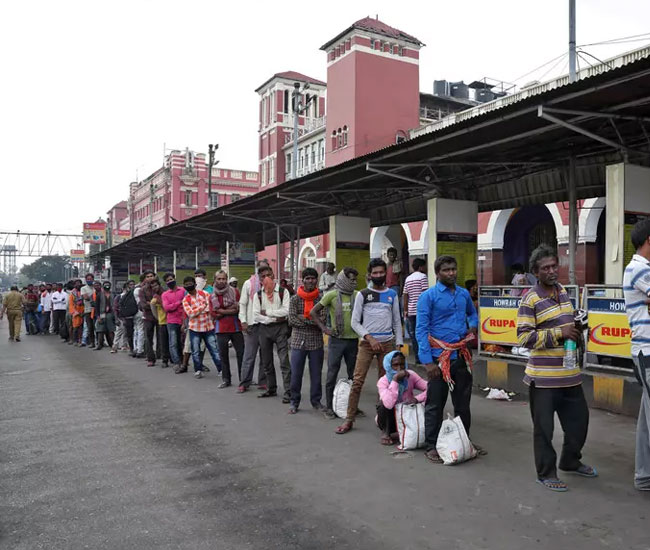Right to the city
For the first time in India’s history, there are more people living in towns and cities than in villages. Many of these urban residents have migrated from rural areas in search of a better life. However, while they may find work and other opportunities in urban areas, most of them join the ranks of the poor. They are forced to live in illegal and squalid slum settlements from where they can be evicted at any time. As migrants, they are stigmatized by their ethnic, regional and religious identity and are constantly reminded of their second-class status.
In the two decades of economic liberalization, government policies towards the urban poor have become more hostile. The public land on which squatter settlements come up is now in great demand, with private and public developers vying to build transport infrastructure, sports facilities, malls, luxury housing, and other projects that exclude the urban working class.

Instead of being upgraded into liveable habitats to which the poor have secure rights, slum settlements are being demolished and the poor evicted. Since poor people often live close to where they work, slum demolition destroys their homes as well as their livelihoods. Only a tiny minority of those displaced are able to get resettled. The rest are pushed to the urban periphery, to once again start the slow and painful process of trying to build a home and a life.
SRUTI believes that cities grow and flourish because of the labour that working class people provide. The urban poor are entitled to live in the city with dignity and with the full complement of rights that are their due. SRUTI Fellows have organized slum-dwellers to oppose evictions, to demand proper housing, full services and fair employment, and to challenge the dominant model of ‘world-class cities’ that deny workers their rightful place in urban life.

